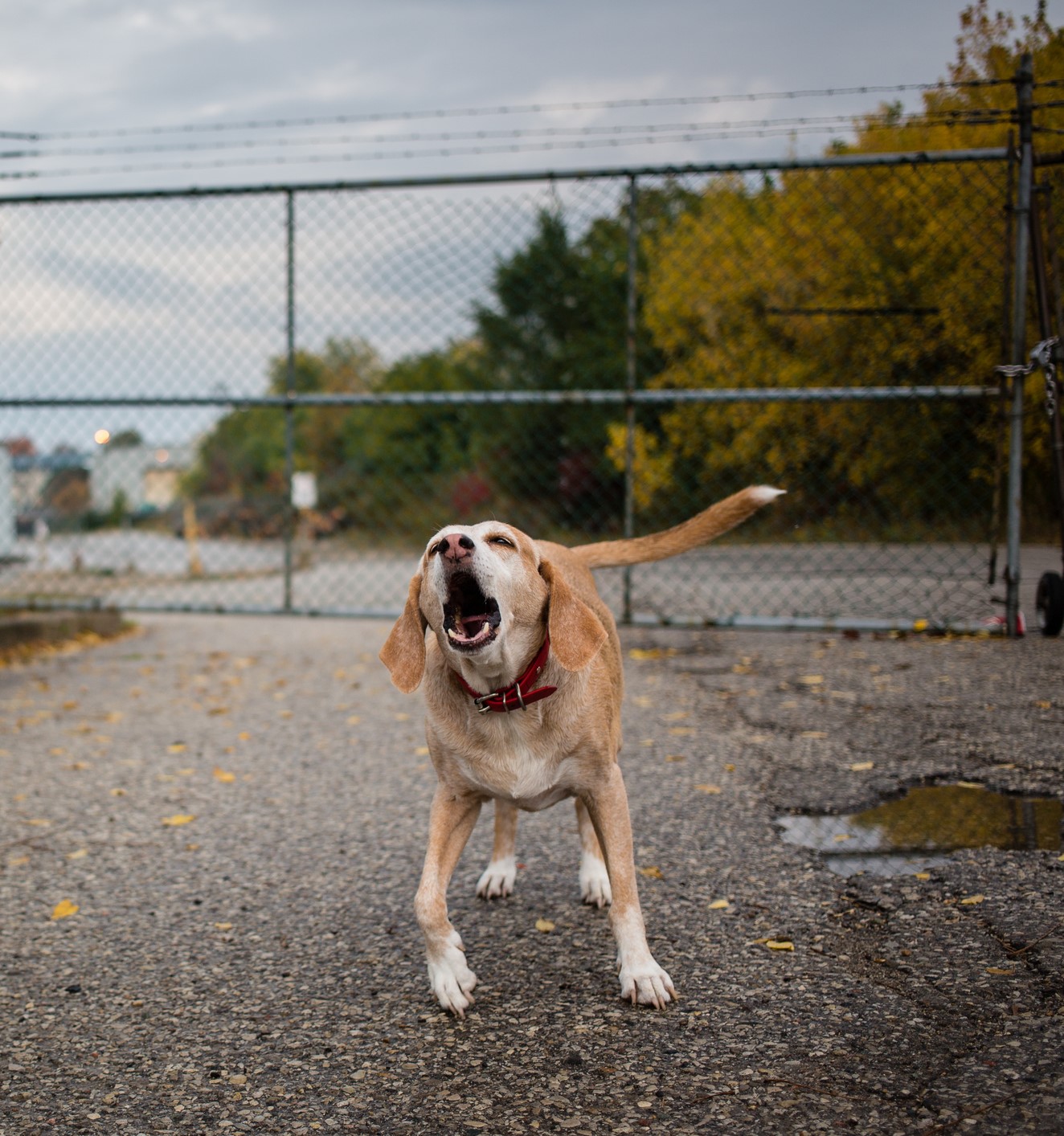
The Invercargill Council’s Dog Control Annual report, written by consenting and applications manager Gillian Cavanagh, was tabled at the council’s community wellbeing and regulatory committee meeting last week.
In the memo accompanying the report, Ms Cavanagh said while overall complaint numbers were lower than the previous year, with a decrease in wandering dogs, rushing and intimidating dogs and dog attacks, there was an increase in barking complaints.
In 2024-2025 there were 420 complaints about barking dogs which was an increase of 89 from the previous year.
Thirty-five dogs were euthanised, which was two fewer than in 2023-2024.
Similar numbers of people continue to be non-compliant regarding registering their dogs.
There was also a "disturbing rise in aggression and abuse" towards staff when undertaking their roles, the memo said.
During discussion of the report, Cr Tom Campbell asked Ms Cavanagh if she was satisfied everything that could be done to prevent dogs being euthanised was tried.
Ms Cavanagh said dogs were euthanised for medical reasons or because they had not passed an assessment to find out if they were suitable to be rehomed.
She was satisfied staff did all they could to avoid a dog being euthanised.
Cr Trish Boyle said she was concerned about staff safety and what guidelines were in place to protect staff from abusive residents.
Ms Cavanagh said there were procedures in place to protect staff including sending them out in pairs, protective equipment and recording incidents in the health and safety system.
Cr Ian Pottinger asked what was the process for dealing with a barking dog once someone had complained to council.
Ms Cavanagh said the owner was made aware their dog was causing a problem and given time to address the barking.
If the barking did not stop, the complainant was asked to keep a log of when the dog barked.
Staff then worked with the owner to resolve any issues.
Cr Pottinger said he had a neighbour who had made many complaints about a dog but the dog was still barking many months later.
He wondered how the matter could be resolved if owners did nothing.
Ms Cavanagh said there was provision in the Dog Control Act (the Act) to deal with situations like this but she was not familiar enough with those to quote them.
She could not comment on the situation Cr Pottinger was referring to without viewing the information on file.
Cr Campbell said given the issue Cr Pottinger had described and the increase in barking complaints, perhaps it was timely to have a think about “where we go next with this?”.
Kaikaunihera Māori Awarua representative Pania Coote said dealing with dog barking was challenging.
She lived on a street where there were many barking dogs and someone had made a complaint about her dog which barked when people came on the property.
Cr Trish Boyle referred committee members to page 39 of the report which discussed the findings of a hearing which backed a staff decision to disqualify a person from owning a dog for five years due to the animal’s barking.
She had been a member of the hearing panel that made the decision, Cr Boyle said.
The owner appealed to the District Court in October 2024 where the disqualification period was reduced to three years.
Committee members agreed to adopt the report.
The council is required to report yearly on how it enforces the Act, to make the report available to the public and send a copy to the Department of Internal Affairs.












